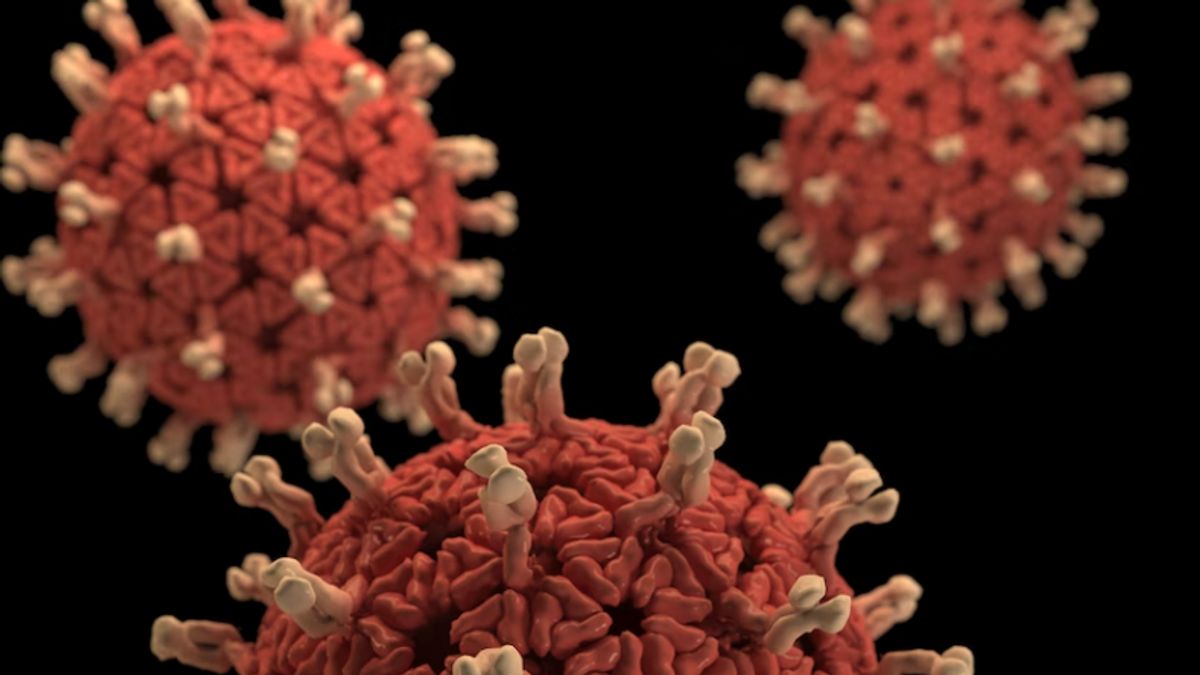JAKARTA - Epidemiologist from Griffith University Australia, Dicky Budiman, asked all parties to remain vigilant because data regarding the Langya virus (LayV) originating from China is not solid.
"The presence or emergence of diseases originating from animals or zoonoses is a threat to global and national health," said Dicky as quoted by ANTARA, Saturday, August 13.
Dicky explained that the Langya virus was first discovered in China, precisely in Langya City, Shandong Province. The total of cases found in all regions of the country reached 35 cases.
The Langya virus itself is still in the henipavirus family and it is suspected that its transmission came from rats as rodents. However, only nine of the 35 cases have been successfully traced, while the rest have not been traced or shown the potential for transmission.
"Only nine cases were successfully traced and it was found that approximately 15 of their families were positive, meaning that the traced proved that there was transmission from close relatives. But the rest have not been traced or confirmed whether there is a potential for transmission or not, so the data is not solid yet,” said Dicky.
From the lack of solid data collected, he asked all parties to remain aware of various forms of transmission because viruses from animals have the potential to become disease outbreaks for humans.
Dicky stated that although the severity of the illness in the form of people being admitted to the ICU or death has not been found, two-thirds or 75 percent of diseases that infect humans are caused or originate from animals and are clearly detrimental to humans because they can be transmitted from animals to humans to humans to humans.
"Indonesia itself has similarities to China, both in environmental conditions and in terms of people's behavior, policies and health systems because they are still closely related to a number of animal species, so the country is in a position that can be said to be vulnerable," he said.
Dicky explained that countries that are included in the Indo-China region, such as Indonesia are countries that are in a zone prone to various diseases originating from animals. Therefore, a strategy is needed to reach the regions to carry out surveillance or more in-depth studies related to zoonoses so that Extraordinary Events (KLB), outbreaks or other pandemics do not occur.
In addition to surveillance, Dicky also suggested that studies related to various diseases originating from animals could be deepened and maximize behavior change through the implementation of healthy living in the community. in humans only. Supposedly, in order to achieve harmonization in health, the government should also focus on animal health and the surrounding environment.
“It means we have to really improve and review our detection system. Not only in humans, but also in animals in the wild," said Dicky.
The English, Chinese, Japanese, Arabic, and French versions are automatically generated by the AI. So there may still be inaccuracies in translating, please always see Indonesian as our main language. (system supported by DigitalSiber.id)













